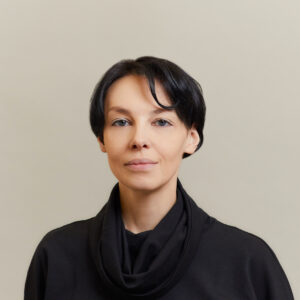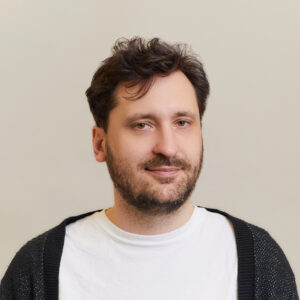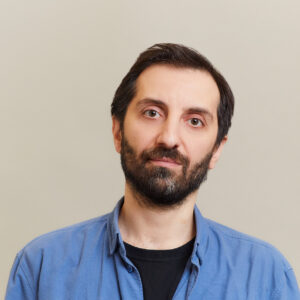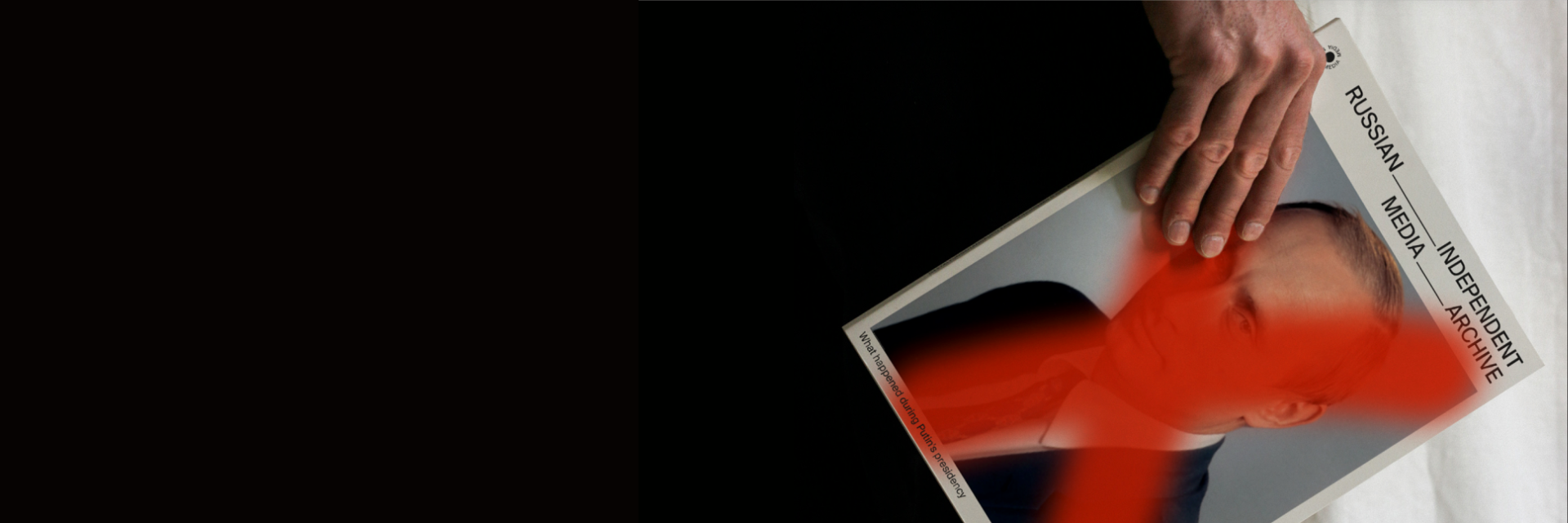
Russian Independent Media Archive
The Russian Independent Media Archive is preserving the last two decades of independent Russian journalism, guarding this irreplaceable historical record against erasure as media outlets not aligned with the regime of President Vladimir Putin are shuttered and their reporters and editors cast into exile. Launched with the content from more than a dozen outlets and a half-million entries, the digital archive will eventually include more than 70 independent national, regional, investigative, and cultural news outlets publishing since President Putin took office in 2000. The archive will make the journalism of this pivotal period accessible to the reporters, historians, political scientists and other researchers who will make sense of Russia’s past and whose work counters propaganda-driven manipulation of the historical narrative.
The Russian Independent Media Archive is a project of PEN America, inspired by then-PEN America Trustee Masha Gessen and made possible with the support of Edwin Barbey Charitable Trust, advised by PEN America Trustee Peter Barbey. PEN America is partnering for this project with The Gagarin Center at Bard College, which has long-standing scholarly engagement with Russia. The project is also collaborating with the Internet Archive’s Wayback Machine, which contributes to archiving and securing data from Russian media and provides technical consultations. With the support of the Mass Media Defence Center, PEN America, where possible, is entering into licensing agreements with the participating outlets to protect their copyright while the archive serves as a secure home for the content.
The Russian Independent Media Archive project is also developing tools to help other journalists, writers and editors who come under authoritarian threat around the globe preserve their work and resist efforts to destroy their legacy.
43 Outlets. 2 Million Documents.
Who We Are
|
Anna Nemzer is a journalist, writer and documentary filmmaker studying the historical memory of wars in the post-Soviet space. She is a presenter on Dozhd (TV-Rain), the Russian independent TV channel, now working in exile; a scholar at Bard College (United States); and a co-founder of the Russian Independent Media Archive (RIMA) dedicated to the preservation of all Russian independent media as important evidence of the era. |
Ilia Veniavkin is a historian, civic engineer, and a journalist. For 15 years he has been studying Stalinist culture and subjectivity. He wrote an ebook, Master’s Inkwell. A Soviet Writer Inside the Great Purge and co-founded Prozhito.org, a collaborative online archive of Soviet diaries and ego-documents. He is a co-founder of the Russian Independent Media Archive; a scholar at Bard College (United States); and writing a book on the ideology of Putinism. |
Serob Khachatryan is a manager, political activist, and sneaker collector. Former head of growth of Russian wine startup Invisible and marketing director of Q&A service at Yandex. He was a participant to all Navalny campaigns as a volunteer; a scholar at Bard College (United States); a co-founder of the Russian Independent Media Archive (RIMA) dedicated to the preservation of all Russian independent media as important evidence of the era |
|
|
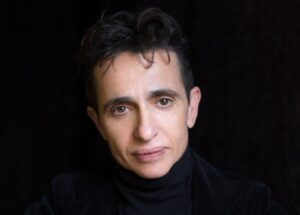
Advisor to the project Masha Gessen is a journalist and the author of 10 books of nonfiction, most recently Surviving Autocracy. Their book The Future Is History: How Totalitarianism Reclaimed Russia won the 2017 National Book Award for Nonfiction. Gessen is also the author of the national bestseller The Man Without a Face: The Unlikely Rise of Vladimir Putin (2012). Gessen is a staff writer at The New Yorker, a distinguished visiting writer at Bard College, and a professor at the Craig Newmark School of Journalism at the City University of New York. Gessen has served as a trustee and vice president of PEN America. |
|
Visit the Archive
Latest News
RIMA #1: The archive is launched!
RIMA #2: We have uploaded Meduza, Grani.ru and Novy Focus
RIMA #3: Everything We Know About Prigozhin, Archives of "Sova" and RosKomSvoboda, Datasets for Researchers
Coverage

Russian Independent Media Archive Preserves More Than Two Decades of History
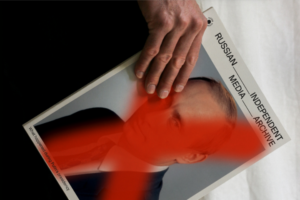
PEN America, in Partnership with Bard College, Establishes Digital Archive to Preserve Independent Reporting by Russian Journalists During Vladimir Putin’s Rule
PAST Events
I Wish We’d Known That: Leading Journalists Look Back at the Russian Story
As we unveil this project, noted journalists who have covered Russia will reflect on their reporting, drawing on the archive for insights on three questions: What did I not know back then? What has been revealed now? How can it help us in the future? (Conference took place in April 2023)
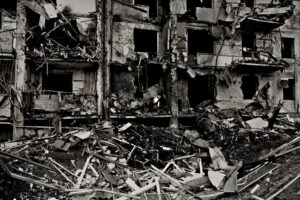
Life in the Face of War: Political Challenges, Social Responses, Cultural Shifts
The goal of the conference is to explore the background and causes of the crisis, internal (i.e., pertaining to the history of the region) as well as global, related to the political interests and direct or indirect engagement of international agents of the military conflict. We will also reflect on perspectives of social and economic analysis of the current state of affairs and the role of education in the war-torn world. The conference will address such subjects as forced migration of academic institutions, international cooperation in education, the boundaries of such interaction, and the possibilities of intercultural dialogue between intellectuals of the countries involved in the war in Ukraine. (Conference took place in June 2023)


